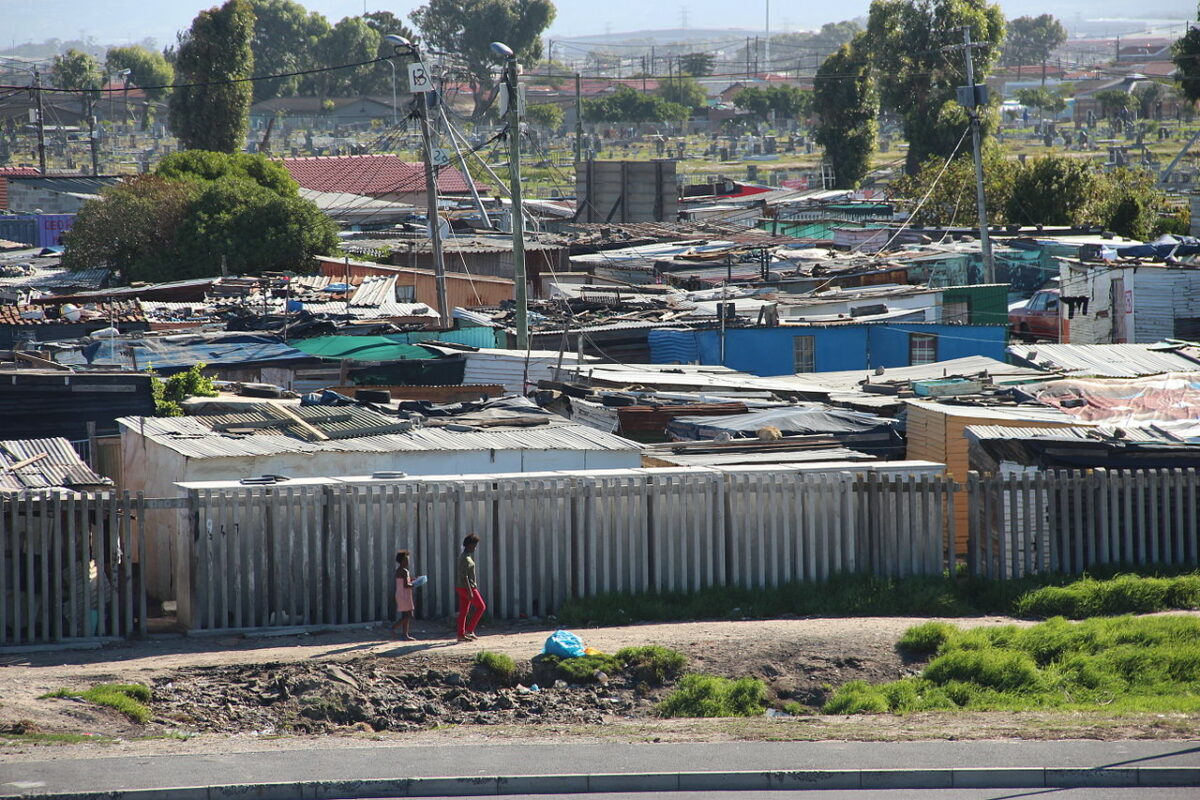By Dr Michael Cardo MP – DA Shadow Minister of Employment and Labour
The announcement today by StatsSA that the unemployment rate reached a record, catastrophic high of 43.1% in the third quarter (on the expanded definition of unemployment) underlines the urgent need for a programme of sweeping labour market reforms.
Without a comprehensive package of reforms, President Cyril Ramaphosa’s economic recovery plan will be stillborn, and the country will continue its downward spiral.
The key takeaway from today’s Quarterly Labour Force Survey (QLFS) is that between the second quarter and third quarter of 2020, the number of unemployed people increased substantially by 2.2 million to 6.5 million. This excludes 2.7 million discouraged work-seekers. The official unemployment rate increased from 23.3% to 30.8% between the second and third quarters, or by 7.5 percentage points. This is the highest unemployment rate recorded since the start of the QLFS in 2008. The unemployment rate for those aged between 15 and 24 stands at an alarming 61.3%.
These shocking figures underscore the need for President Ramaphosa to put job creation and labour market deregulation at the heart of his post-Covid-19 economic recovery plan.
We face a tough set of circumstances: an economy shrinking by roughly 8%, a revenue shortfall over R300 billion and an incapable state borrowing R2 billion a day.
Unfortunately, the economic recovery plan blindly and destructively pins its hopes on the incapable state to get us out of the mess that it created and exacerbated in the first place.
The plan fails to recognise that only the private sector can create jobs at scale and rapidly absorb predominantly unskilled workers into the economy. That, in turn, relies on freeing up the private sector from the dead hand of state overregulation.
Overregulation and inflexible labour laws, as well as collective bargaining rules that empower politically connected unions over individual workers and employers, continue to lock millions of citizens out of productive employment. These are among the key drivers of South Africa’s consistently high levels of unemployment.
At its recent Federal Congress, the Democratic Alliance (DA) resolved that DA governments, where possible, would empower workers and employers by deregulating the labour market while opening up the collective bargaining rules to give workers more choice. This includes making it easier to employ new workers, enforcing the need for secret ballots on planned industrial action across all sectors of the economy, scrapping the legal requirement that causes collective bargaining agreements reached between individual employers and particular trade unions to be extended to “non-parties” across entire industries or sectors, empowering individual economic sectors to set their own minimum wages, and offering tax exemptions to small businesses to help them absorb the cost of minimum wages.

